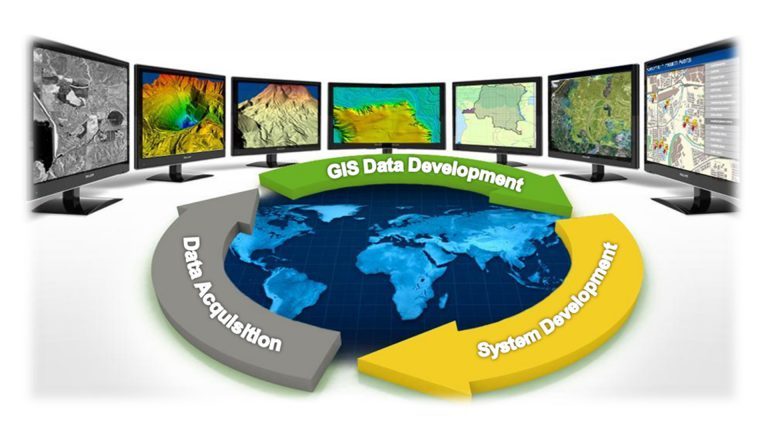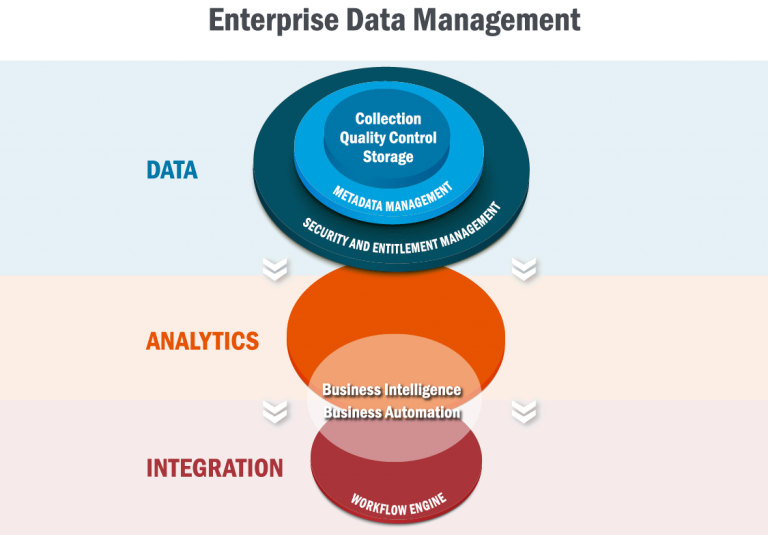
Project Managment
Phases, or stages, are very important for project managers. By thinking in terms of phases, you can ensure that the deliverables produced at the end of each phase meet their purpose, and that project team members (or sub-teams) are properly prepared for the next phase.
The exact phases, and the order in which they’re completed, may vary slightly, depending on what you need to achieve with your project.
The phases are as follows:
Project strategy and business case.
Preparation.
Design.
Development and testing.
Training and business readiness.
Support and benefits realization.
Project close.

Software Solutions
Comprehensive Enterprise Software
WGS enterprise software solutions provide the scalability and flexibility to meet today’s business challenges, while empowering enterprises for even greater success tomorrow. We offer a comprehensive range of services with its enterprise software, providing a single point of accountability to promote rapid return on investment and low total cost of ownership. WGS provides a full enterprise software solution portfolio offering the scalability and flexibility to meet today’s business challenges and opportunities, while empowering your organization for unparalleled success. When you implement a quality enterprise software solution, you’ve made an excellent investment—for the short and long term.
Enterprise Software Framework for the Future
When you implement an Epicor enterprise software solution, you’ve made an excellent investment—for the short and long term. Our enterprise software solutions are focused on minimizing the cost and complexity of implementation, integration, and support by allowing your employees to focus on business processes and best practices rather than technology. By delivering business applications that can be implemented and managed as services—easily deployed anywhere, on any device—we can deliver the low total cost of ownership (TCO) and rapid return on investment (ROI), that can translate into an improved top line, bottom line, and ultimately to market leadership.

GIS & IT Consulting
WE CAN:
• Install geographic information systems for desktop, Cloud, web/mobile environments.
• Deliver turn-key mobile and web applications created with Esri ArcGIS software (for Server, Desktop, Mobile and Online)
• Convert your legacy ArcIMS system to ArcGIS server.
• Migrate ArcGIS Server Flex API applications to JavaScript API (using HTML5)
• Deploy cloud-based ArcGIS Server systems on Amazon Web Services (EC2) to maximize GIS capacity and reliability.

Mobile Applications
• Extend the reach of your geographic information system with mobile applications developed with ArcPad, ArcGIS for iOS and ArcGIS for Android software.
• Access powerful mapping, geoprocessing, and custom capabilities on iPhone, iPad, and Android smartphones and tablets.
• Share and collect accurate, real-time data with field staff to improve decision-making.


Custom Application Development
What WGS can do for you:
Optimize applications from new, aging, and legacy application systems
Increase your ability to compete globally by integrating leading Internet-enabled applications
Improve your response to customer needs by keeping critical enterprise software up-to-date
Speed the pace of technological change within your organization while minimizing costs
Recapture the business logic inherent in legacy applications
Building custom systems can be a risky endeavor. The additive nature of technology increases complexity, as any new systems or components will almost certainly be part of a larger transactional system. New systems, whether developed using J2EE or .NET, need to peacefully co-exist with existing platforms that span multiple generations. In addition, business partners require shorter time-to-market, tangible ROI, and that I.T. leaders do more with less. Fortunately, WGS’s Agile approach can help I.T. organizations address these challenges, while reducing project risk and improving overall systems quality.
We have a history of successfully delivering on complex custom development projects of all sizes. Our teams have demonstrated the ability to harness next generation techniques and technologies and rapidly turn them into strategic advantage for our customers.

Enterprise Architecture & Integration
Cyber security is an integral part of overall critical infrastructure sectors security and governments are addressing the risk as a sector-wide challenge, to minimize the potential impact to both public safety and the economy.
Because the sectors touch so many aspects of how we live our lives and how business is conducted throughout the world, technology, connectivity and information exchange are three of the greatest challenges and essential aspects of company operations and processes in the sectors.
However, the same technologies that make business operations and critical infrastructure processes more efficient can introduce new vulnerabilities. As the world faces increased threats, the critical infrastructure sectors need to increase its capability to manage exposure to cyber security risk and protect against the threat of unauthorized access to information being used to facilitate or cause a physical attack or disruption in the supply chain.
Key in the critical infrastructure sectors is adoption of a standardized cyber security concepts & architecture, principles and guidelines. Here is an important role for Enterprise Architects as well as security architects familiar with industrial control systems environments.
